Researchers at IBM and the Institute of Bioengineering and Nanotechnology (IBN) in Singapore have created a macromolecule––one giant molecule made of smaller subunits––that might treat multiple types of viruses and prevent infection.
According to a paper published in Macromolecules, the macromolecule warded off viruses such as influenza, dengue and Ebola successfully in a lab environment. Importantly, the macromolecule remained effective even after the viruses mutated. Researchers plan to test the Zika virus next, and they believe its similarities to a form of dengue already tested will result in yet another successful trial.
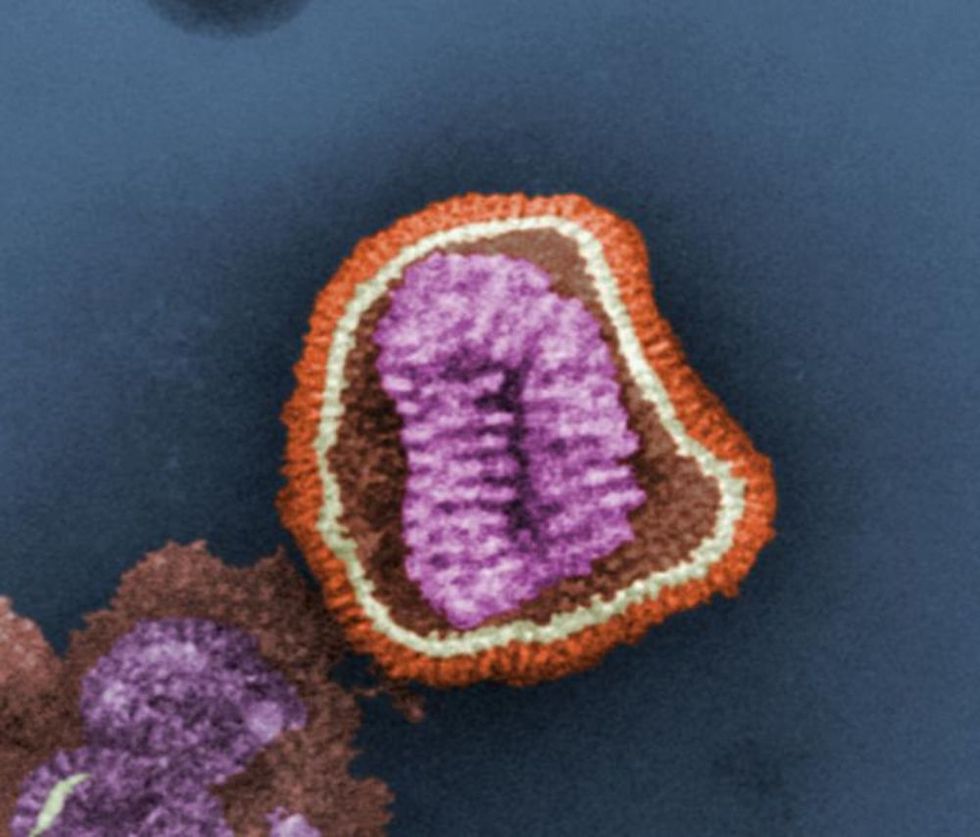
The macromolecule attacks viruses in a novel way. It first attracts viruses to itself using electrostatic charges. Then, once the virus is in proximity, the macromolecule attaches itself to the virus, rendering the virus incapable of attaching itself to healthy cells. Finally, the macromolecule neutralizes the virus’s acidity levels, which stops the virus from replicating.
Because the majority of viruses are well adapted to their host organism, virus structures often vary considerably. This makes it hard to find a suitable, single weapon against them. Moreover, because RNA and DNA mutate from virus to virus, the search for a single tool has proven elusive--until, perhaps, now.
In this case, researchers decided to focus on glycoproteins, which viruses generally use to latch onto healthy cells. "It started with a gut feeling and a little bit of luck," says James Hedrick, one of the lead researchers involved in the study, “but it progressed as we began to add the cognitive component to it much more rapidly."
The macromolecule also has a unique method for combating viral infection. It contains mannose, a sugar which binds to healthy immune cells. Working in conjunction with these cells, the macromolecule steers them toward the viral infection, so that it is more easily eradicated.
The research is promising, but it will be a while before the macromolecule can be considered as a disinfectant or viable antiviral. Clinical trials may extend over the next several years, and Hedrick himself estimates it will take another 3 to 5 years before the macromolecule reaches the market. But he is optimistic.

“We had a couple years of horrible frustration," he said. "And then once we had that aha moment, from how the molecule was docking and how it was interacting…then it just roared."









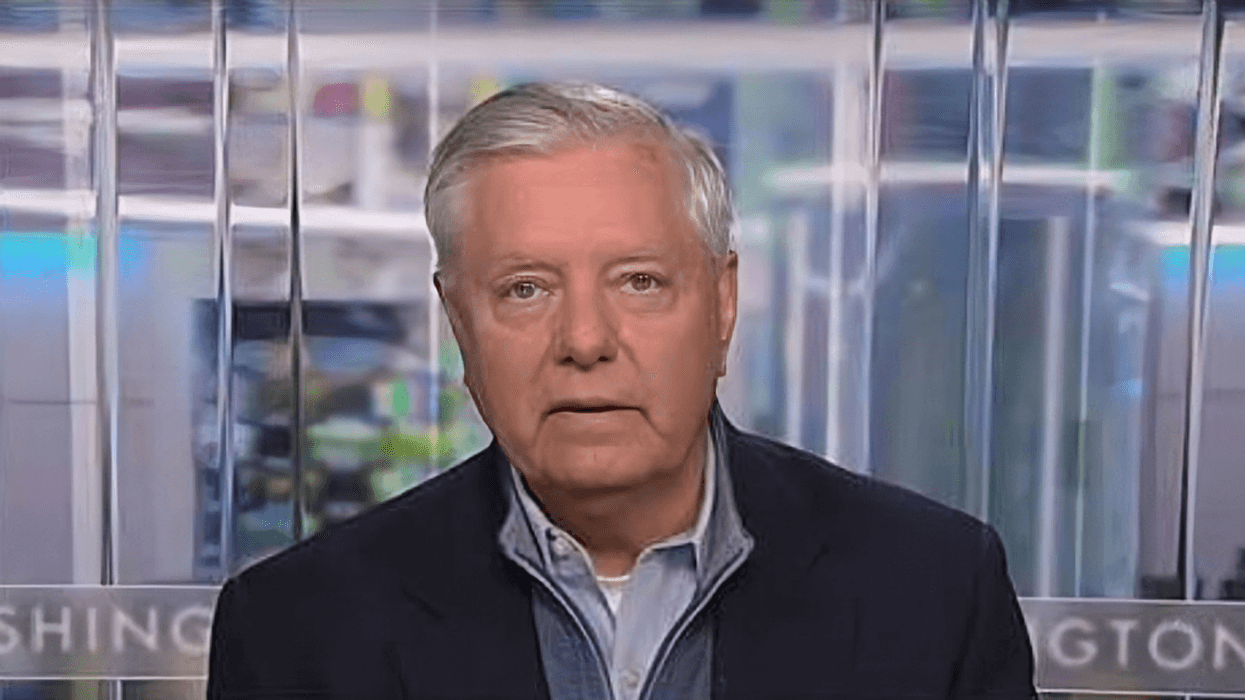



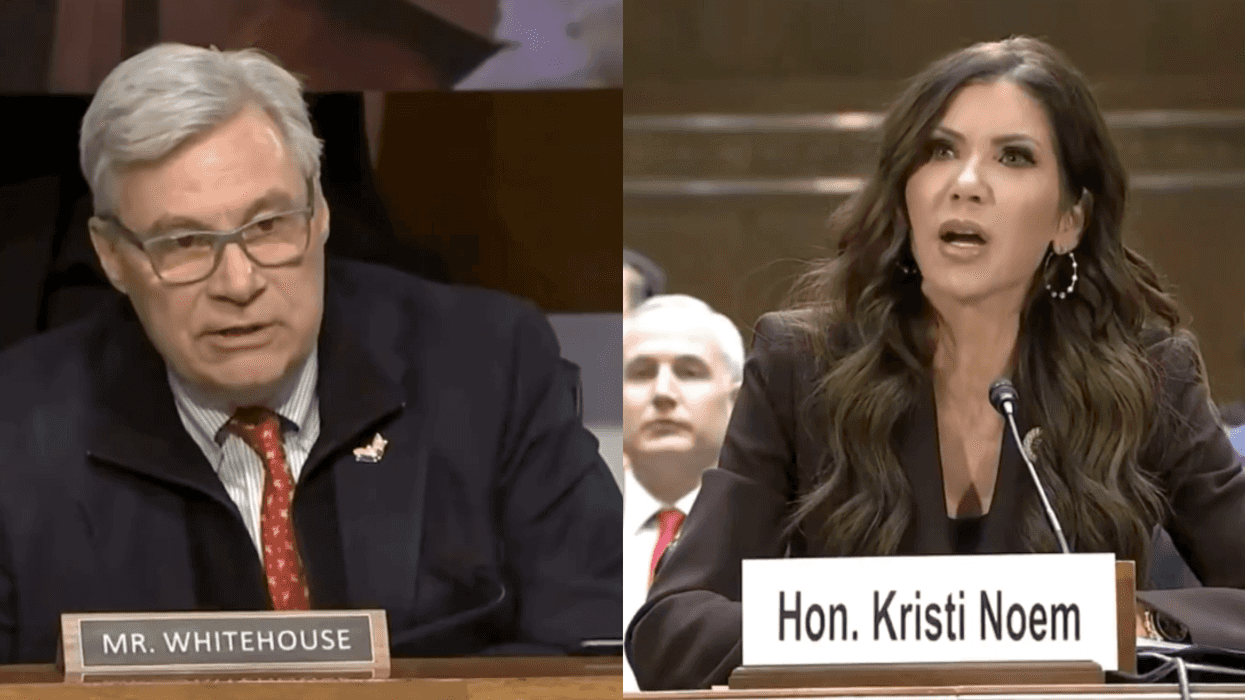


 @CNN/Instagram
@CNN/Instagram @CNN/Instagram
@CNN/Instagram @CNN/Instagram
@CNN/Instagram @CNN/Instagram
@CNN/Instagram @CNN/Instagram
@CNN/Instagram @CNN/Instagram
@CNN/Instagram @CNN/Instagram
@CNN/Instagram @CNN/Instagram
@CNN/Instagram @CNN/Instagram
@CNN/Instagram @CNN/Instagram
@CNN/Instagram @CNN/Instagram
@CNN/Instagram @CNN/Instagram
@CNN/Instagram @CNN/Instagram
@CNN/Instagram @CNN/Instagram
@CNN/Instagram @CNN/Instagram
@CNN/Instagram @CNN/Instagram
@CNN/Instagram @CNN/Instagram
@CNN/Instagram @CNN/Instagram
@CNN/Instagram @CNN/Instagram
@CNN/Instagram @CNN/Instagram
@CNN/Instagram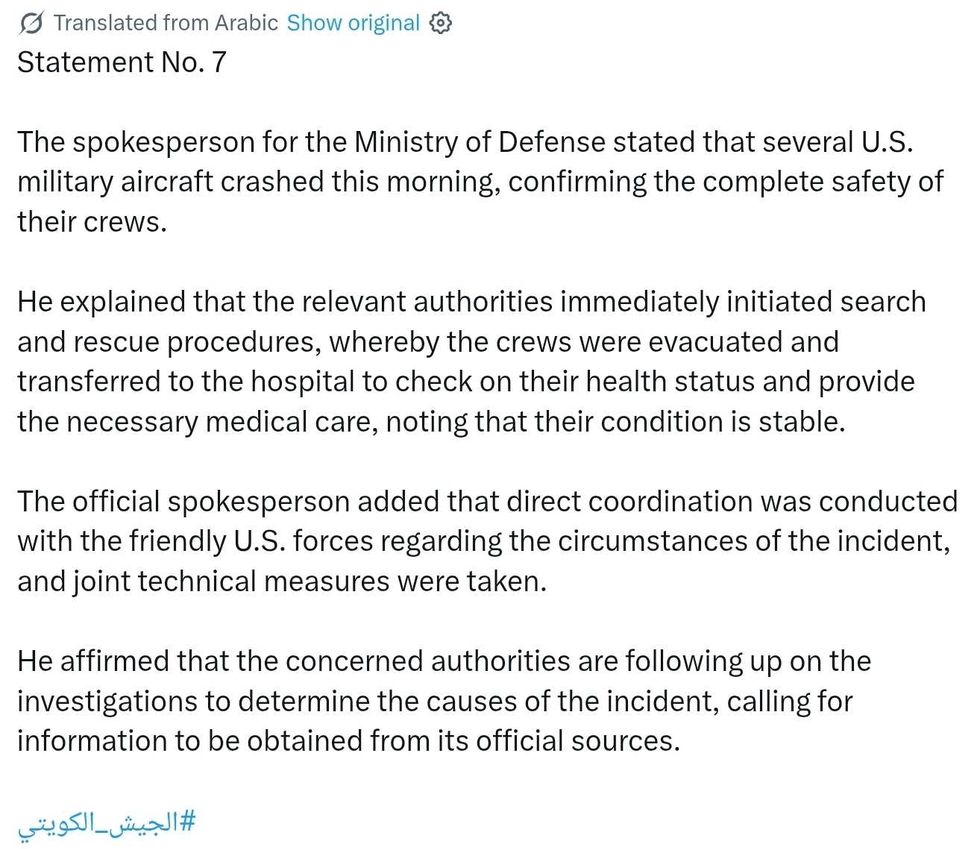

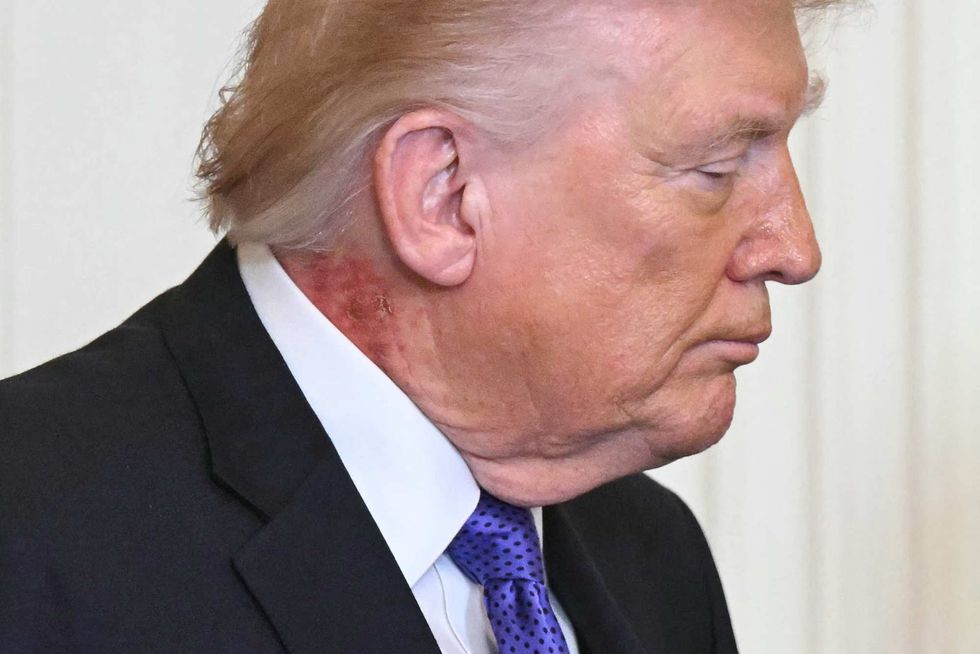 Saul Loeb/AFP via Getty Images
Saul Loeb/AFP via Getty Images